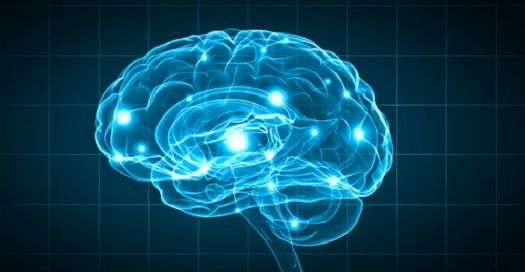Article
How Do you Ask a Patient to OK Postmortem Brain Donation?
Author(s):
It sounds like a difficult conversation but it's well worth having. Tips from an MD.

Physicians may understandably shy away from asking patients to consider donating their brains to research after they die.
Here at the Albert Einstein College of Medicine we have a Brain Bank Program, one established through the Einstein Aging Study (EAS).
The program is a means of studying brain and nervous system tissue from individuals who have been evaluated in the aging study.
A brain bank is a repository of brains donated from participants. The banks allow researchers to gain a further understanding of the pathology of neurodegenerative disease.
It is extremely important to study the brains of individuals, not just those who have neurological illness, but also older patients who are free of disease so that we can elucidate the normal process of aging.
Autopsy is a method which provides a definitive diagnosis especially in areas where disease modifying treatments are not available.
A post-mortem can help determine the role of heredity in an individual’s condition and can help define what a patient’s illness was. In the Einstein Aging Study, the examination of brain tissue is especially valuable when it has followed regular clinical evaluations.
In our clinical program at the Einstein Aging Study, practitioners in the study track changes in cognitive function and look for risk factors for cognitive decline. The goal is to correlate any findings with changes found in the brain after death.
Is it hard to get individuals to agree? Not if you proceed thoughtfully.
When I was in training, I found that this discussion was often not brought up as it was “too uncomfortable”. By understanding that the participant in front of me may be agreeable to a donation but may also be uncomfortable voicing that wish to family, I have embraced this conversation.
At the Einstein Aging Study, we pride ourselves on working with family members to help carry out the wishes of their loved ones.
The decision for autopsy should be made between an individual and physician but it should be coordinated with the family.
When we discuss brain donation with a living patient, we do it in an ambulatory setting/research setting with a doctor is who is not a patient’s treating physician. This approach provides us with more of a “safe haven” where participants will be more at ease having the discussion and not feel frightened or pressured.
We also make it clear that every patient is counseled about donation and that the patient has not been selected based on their prognosis or life-expectancy.
One concern that may come up is whether a brain donation precludes eligibility for a whole body donation. It does not.
Brain donation also does not cause disfigurement of the deceased. It does not delay or interfere with family plans for a funeral, cremation, or other type of burial. In our experience at the Einstein Aging Study, brain banks work closely with families and funeral homes to ensure that donation does not interfere with funeral arrangements.
To those who wonder if there is a brain bank in their area, The National Institute of Neurological Disorders and Strokes also maintains a listing of brain banks on the research section of their website: www.ninds.nih.gov.
Or start with your local Alzheimer’s chapter or local medical school.
Tissue diagnosis after death often provides the confirming information of a diagnosis that was uncertain while the patient was alive, and that may bring some peace of mind to a family.
Results of an autopsy can be sent to the next-of-kin, to the personal physician or to both.
In thinking about brain donation after death, we tell participants, it is important to decide now. Giving permission for a donation by designating “donor status” can be considered as a “health care proxy directive after death”. (See Beauchamp TL, Childress JF. Principles of Biomedical Ethics. 5th ed. New York: Oxford University Press; 2001.
We also advise individuals to get the support they need to make a decision while they are still able, and not to leave it up to their loved ones after they die. The organ donor sticker or check-off on a driver’s license does not give brain banks permission to receive a brain.
We encourage open discussions with community religious leaders and with their own families to help them make a decision with which they are comfortable.
Participants should also be assured that changing their mind is always acceptable and that if they do, they should tell the whole care team, including their family members.
Brain donation is a method of improving the health of future patients.
The principles of beneficence, respect for autonomy, and justice that guide our daily practice guide the discussion of brain donation with patients.
In an age of increasing prevalence of neurodegenerative diseases like Alzheimer’s where there is currently no disease-modifying therapy, helping researchers gain deeper understanding of such devastating illnesses through brain donation is a really a true “gift of hope”.





